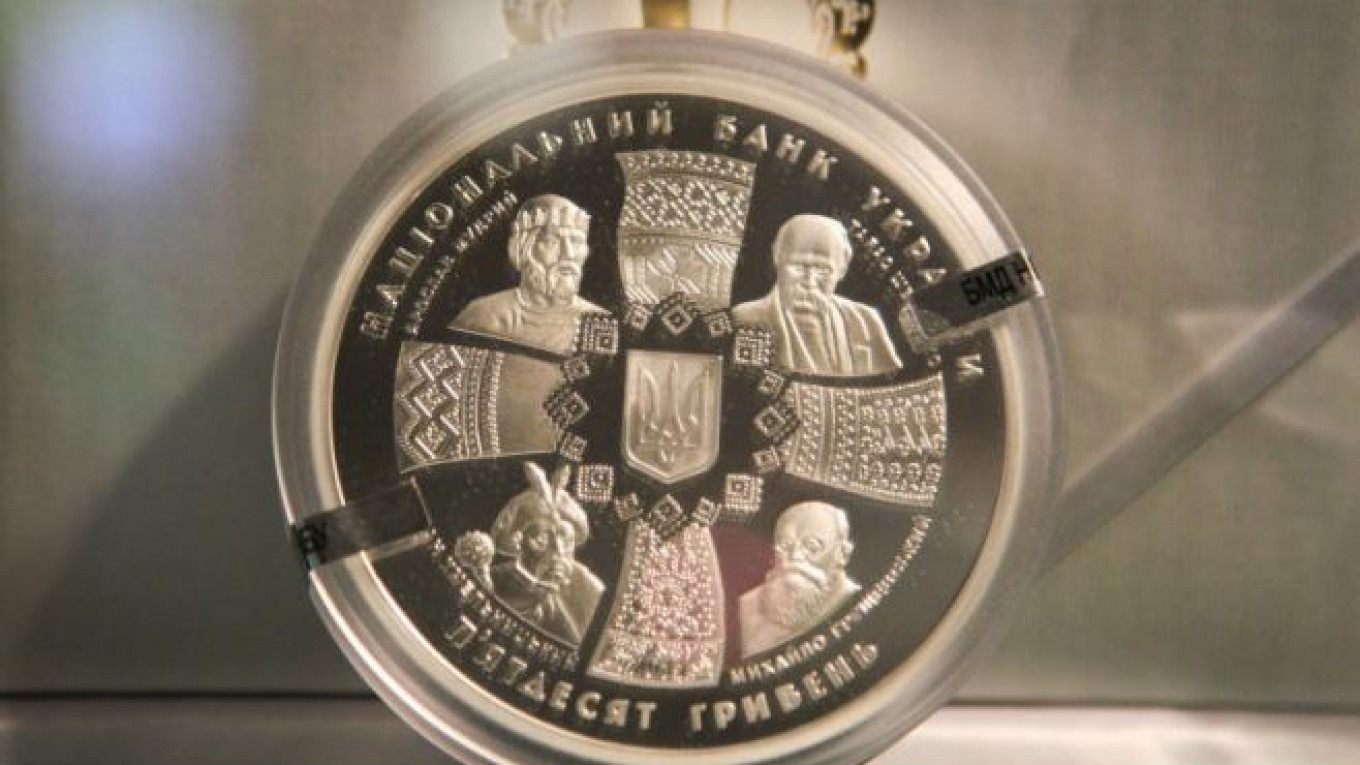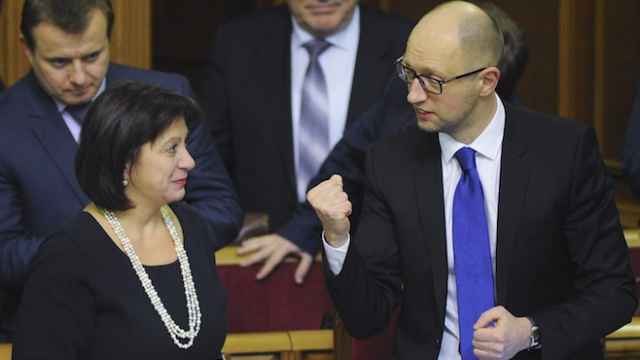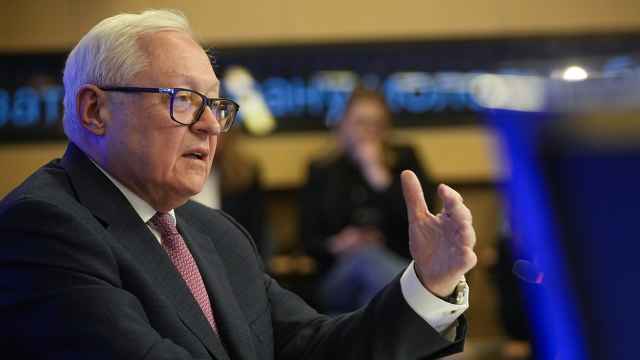KIEV — Sharp rises in the domestic price of gas and the devaluation of the hryvnia currency pushed up inflation in Ukraine to almost 25 percent last year, its highest level in 14 years.
Official statistics published on Tuesday reflected the year of turmoil in the country of 45 million in which street protests ousted a Moscow-backed president, prompting Russia to annex Crimea and support a separatist rebellion in which more than 4,700 people have been killed.
The numbers also reflect the reform policies of the pro-Western government of Prime Minister Arseniy Yatsenyuk, who is seeking to uncouple the economy from its subsidized Soviet past and make it fit for competition in the European mainstream.
Ukraine's State Statistics Service said consumer price inflation soared to 24.9 percent from 0.5 percent in 2013 — close to the 25.8 percent recorded in 2000 when Ukraine had to absorb the effect of a global crisis.
With the war in the east hitting major exports such as steel and forcing for the first time imports of coal and electricity, a major factor driving up inflation was the government's decision to raise the price of gas in homes across the country, largely at the behest of the International Monetary Fund (IMF).
The IMF, on which Ukraine relies for a steady stream of credit under a $17 billion bailout program, has long been pressing for an end to state subsidies to the state-run energy behemoth Naftogaz, which it sees as running counter to the economy's long term benefit.
The devaluation of the hryvnia, which lost half of its value in 2014, also helped push up the price of food, fuel and services.
Under the guidance of former Prime Minister Mykola Azarov the hryvnia was held at around 8 to the U.S. dollar by regular Central Bank interventions and supported by regular foreign financial credits, notably from Russia.
Since the Central Bank introduced a flexible exchange rate last April, the hryvnia has dropped to around 15.7 to the dollar, reducing the purchasing power of Ukrainians with largely unchanged salaries and pay.
The 2015 budget, now signed by President Petro Poroshenko, envisages inflation of just over 13 percent in 2015, though Central Bank Governor Valeriya Gontareva has said it is likely to rise to as much as 18 percent if the government raises home gas prices further as requested by the IMF.
The IMF itself is to visit Ukraine later this week to assess economic prospects and review the planned reforms.
The government expects the visit to unlock three tranches of new and overdue credit, possibly totaling more than $4 billion, with the bailout program possibly being expanded beyond $17 billion.
A Message from The Moscow Times:
Dear readers,
We are facing unprecedented challenges. Russia's Prosecutor General's Office has designated The Moscow Times as an "undesirable" organization, criminalizing our work and putting our staff at risk of prosecution. This follows our earlier unjust labeling as a "foreign agent."
These actions are direct attempts to silence independent journalism in Russia. The authorities claim our work "discredits the decisions of the Russian leadership." We see things differently: we strive to provide accurate, unbiased reporting on Russia.
We, the journalists of The Moscow Times, refuse to be silenced. But to continue our work, we need your help.
Your support, no matter how small, makes a world of difference. If you can, please support us monthly starting from just $2. It's quick to set up, and every contribution makes a significant impact.
By supporting The Moscow Times, you're defending open, independent journalism in the face of repression. Thank you for standing with us.
Remind me later.






